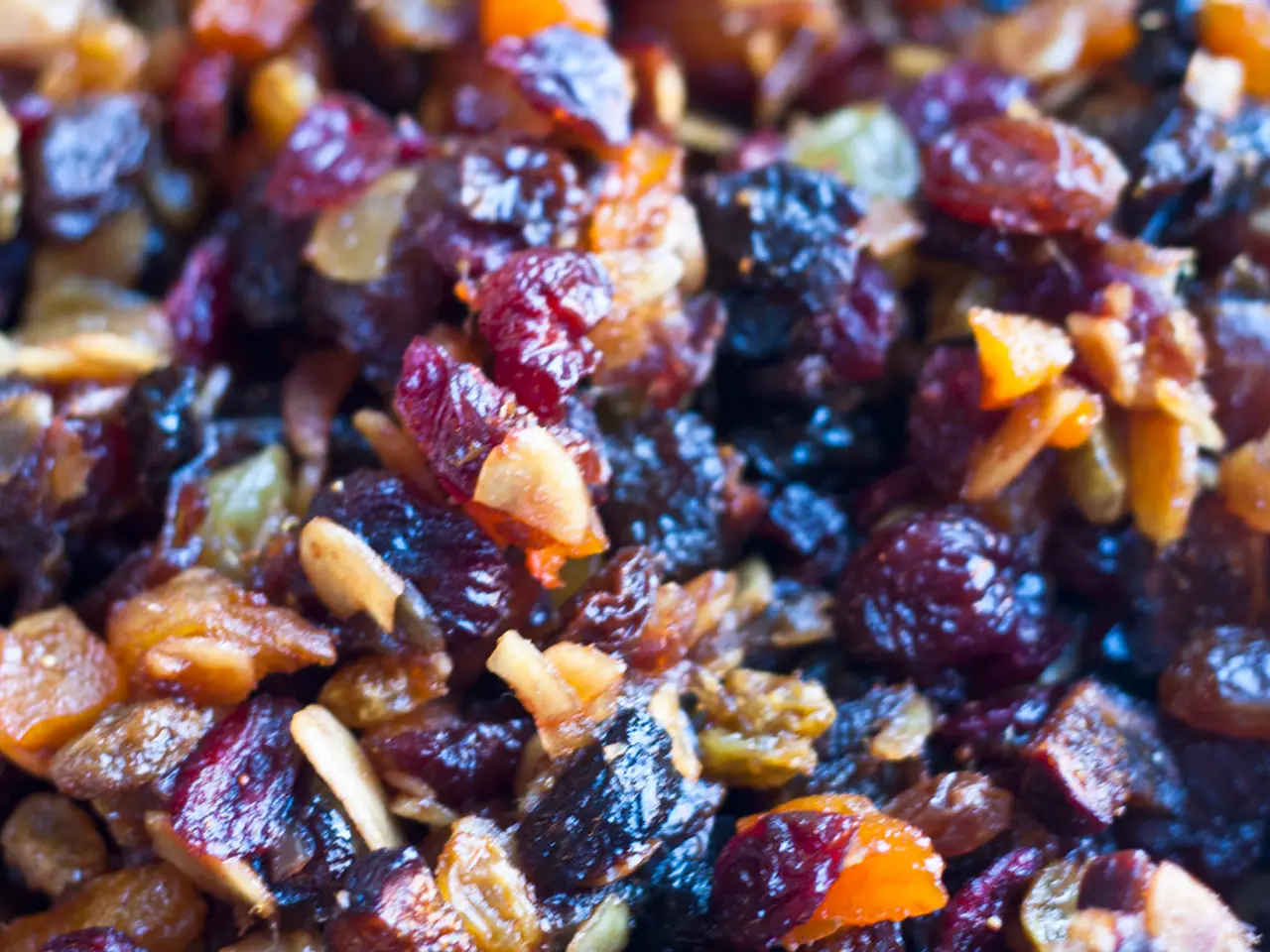Effect of Diet on Asthma: Significant or Not?
A balanced diet can play a significant role in managing asthma symptoms. Here are some foods that can help reduce asthma symptoms and improve lung function, as well as those to avoid:
Foods that can help manage asthma symptoms:
- Fatty fish like salmon and mackerel, rich in omega-3 fatty acids, have anti-inflammatory effects that can help improve asthma symptoms.
- Leafy greens such as spinach are high in magnesium, which helps relax airway muscles, easing asthma symptoms.
- Fruits such as apples and berries are rich in antioxidants and flavonoids that support lung health and reduce coughing.
- Ginger and turmeric have anti-inflammatory properties that can relax airways and decrease inflammation.
- Garlic boosts the immune system and reduces inflammation.
- Honey acts as a natural cough suppressant, soothing the throat.
- Fresh fruits and vegetables are rich sources of antioxidants like vitamin C, vitamin E, and beta-carotene, which can help manage asthma symptoms.
Foods to avoid:
- Processed foods high in preservatives like sulfites, found in pickled foods, dried fruits, and sauerkraut, can trigger asthma attacks.
- Dairy products may cause mucus production that can exacerbate asthma symptoms.
- High-sodium foods promote airway inflammation and fluid retention, making breathing harder.
- Fried foods and fast foods are linked to increased inflammation and obesity-related asthma.
- Sugary beverages and excessive alcohol, especially wine and grape juice containing sulfites, should be limited.
- Processed meats like bacon and sausages contain preservatives harmful to lung function.
A 2018 study found that people who enjoyed a healthy diet, including whole grain foods, experienced fewer asthma symptoms and had better control of their condition. Maintaining a moderate weight, avoiding or quitting smoking, consuming a diet low in processed foods and high in fresh fruits and vegetables, and taking steps to avoid viral infections can also help prevent asthma symptoms.
If a person experiences an asthma episode, they should sit upright, stay calm, breathe slowly and steadily, use a rescue inhaler, call for emergency help if symptoms do not improve or if they do not have an inhaler, and continue to use the inhaler while waiting for help to arrive. A treatment plan that combines lifestyle choices, such as avoiding triggers and taking medications, can help manage asthma symptoms.
Some medications a doctor may prescribe include corticosteroids, long-acting beta-agonists, anticholinergics, short-acting beta-agonists, oral or IV corticosteroids, and biologics. People with asthma who consume foods containing sulfites, particularly wine, may experience worsened symptoms or even asthma episodes. Sulfites, a type of preservative often found in preserved foods and beverages, may trigger asthma in some people.
[1]: Source 1 [2]: Source 2 [3]: Source 3
- Established research suggests that a balanced diet, including foods high in whole grains, can help mitigate asthma symptoms and improve health-and-wellness for those affected by this medical-condition.
- Asthma seekers are advised to incorporate fatty fish like salmon and mackerel, leafy greens, fruits, ginger, turmeric, garlic, honey, and fresh fruits and vegetables into their diet, as these foods can offer anti-inflammatory properties, support lung health, and reduce coughing.
- Naive switchers might be tempted to turn to processed foods, high-sodium foods, fried foods, sugary beverages, excessive alcohol, and preserved meats, but these foods can exacerbate asthma symptoms and negatively impact fitness-and-exercise routines, weight-management, and other nutrition goals.
- In a 2018 study, treaters found that individuals who adhered to a healthy diet experienced fewer asthma symptoms and improved control of their condition, indicating that foodandfoodbenefits play a significant role in managing asthma.
- Maintaining a moderate weight, avoiding or quitting smoking, following a diet low in processed foods and high in fresh fruits and vegetables, and taking steps to avoid viral infections can also help prevent asthma symptoms and support overall health-and-wellness.
- Therapies-and-treatments for asthma may include corticosteroids, long-acting beta-agonists, anticholinergics, short-acting beta-agonists, oral or IV corticosteroids, and biologics. However, people with asthma who consume foods containing sulfites, particularly those found in wine and grape juice, may experience worsened symptoms or even asthma episodes.
- When an asthma episode occurs, it's crucial for the person to sit upright, stay calm, breathe slowly and steadily, use a rescue inhaler, call for emergency help if symptoms do not improve or if they do not have an inhaler, and continue to use the inhaler while waiting for help to arrive.
- A combination of a proper treatment plan that includes medication use and lifestyle choices, such as avoiding triggers and a balanced diet focused on whole foods, can help manage asthma symptoms and promote overall health-and-wellness. [1]: [Source 1] [2]: [Source 2] [3]: [Source 3]




